“Things will get worse in Syria”
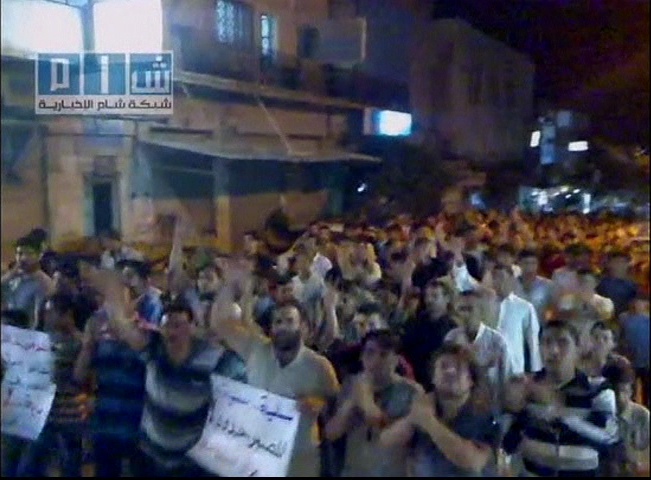
The killing in Syria will continue regardless of what the UN Security Council says, according to Swiss-based Syrian-Kurdish filmmaker and activist Mano Khalil.
The warning came as international pressure for an end to the violence intensified on Monday, with Bahrain and Kuwait joining Saudi Arabia in recalling their ambassadors to Syria.
United Nations Secretary-General Ban Ki-moon told Syrian President Bashar al-Assad by telephone on Saturday that he was alarmed by the escalating violence in Syria and demanded that Assad stop deploying the military against civilians.
This followed condemnation of the violent response to the five-month popular uprising from the 15-member UN security council earlier last week.
On Sunday, King Abdullah of Saudi Arabia, an absolute ruler like Assad, broke Arab silence, demanding an end to the bloodshed.
Protestors in the eastern city of Deir al-Zor said Syrian troops killed 65 people in a tank assault on Sunday, and 13 in villages in the central Houla Plain.
News agencies reported fresh shelling and gun fire had been heard in the besieged city on Monday.
Tanks were still deployed in Hama on the weekend, after a week-long assault during which an estimated 300 civilians were reported to have been killed.
Amnesty International Switzerland is calling on the UN to act quickly against Syria, supported by a clearly outlined and legally binding position. “The reaction of the UN Security Council [so far] is absolutely insufficient,” said Daniel Graf of Amnesty Switzerland.
The organisation is also seeking an arms embargo against Syria, the freezing of foreign assets held by President al-Assad and other members of the regime, who are suspected of crimes against humanity.
A voice abroad
Although Khalil has not been able to return to Syria for 18 years – since he made a film critical of the situation of Kurds in Syria – he is in constant telephone and internet contact with family, friends and acquaintances.
Because he is well known internationally, the filmmaker, who has lived in Bern since 1996, has become an important voice for protestors in the cut-off country.
“Because I have lots of friends on Facebook, people send me recordings that they have taken with their mobile phones of protests in Syria, so that I can spread the information,“ Khalil said by phone from a mountainous region in Turkey. He is currently there researching locations for his latest documentary film (see right).
Khalil estimates the number of people killed to date by the Syrian security forces at well over 2,000. Other estimates vary. Amnesty International has listed the names of more than 1,500 Syrians killed since the beginning of the protests in mid-March.
Confirming the number of victims is difficult because of the lack of reliable information. Assad controls the domestic media and practically all foreign journalists have been expelled from the country. At the same time no representatives of human rights organisations have been allowed to enter.
Organisations like Amnesty rely therefore on people who have fled to Turkey or Lebanon. Amnesty is calling on Assad to allow an independent investigative commission to enter the country.
As for the bloodshed, Khalil is convinced that it will not only continue but worsen. “The young generation will rebel because they can see the world through Facebook. They know that people in other countries lead a decent life and they just want the same for themselves.”
The half-hearted reaction of the international community saddens Khalil as much as the bloodshed in his homeland.
“For us Syrians, whether we are Kurdish, Muslim or another group, it is almost unimaginable that the United States and the West, as well as Arab countries, can watch the brutality of the Syrian regime without doing anything,” he complains. “The tragedy lies in the fact that the Syrian people have no friends in the world.”
Shifting blame
US President Obama supports Assad out of fear that Islamists could take over power, because that would mean a danger for the region, Khalil believes.
“But in Syria there are neither armed Islamists nor other armed groups, only people who want freedom,” Khalil said.
Political reform such as the introduction of new party and election laws, announced by Assad last week, are no more than window dressing to Khalil.
The filmmaker wants nothing less than military intervention by the international community, as is currently being seen against Gaddafi in Libya.
“Why does the UN issue a resolution that allows Gaddafi’s palace to be bombed and weapons supplied to the rebels, but in Syria’s case the international community wait with the argument that Bashar can bring democracy to the country?
“There is among other things, a video that shows Maher al-Assad [army commander] filming a massacre that his soldiers have just carried out,” Khalil says.
As well as military intervention Khalil would ultimately like to see the Assad family brought before the International Criminal Court in the Hague.
Mano Khalil was born in 1964 in syrian Kurdistan.
He studied history and law at Damascus University, and following that went to the former Czechoslovakia to study film.
In the early 1990s he worked as independent film director for Czechoslovakian and later for Slovakian Television.
He has lived in Switzerland since 1996, working as an independent film director and producer.
Syria has a population of 22.5 million, half of whom live in urban areas; 52% are under 25.
The bulk of the population are Arab (89%); other ethnic groups include Kurds, Armenians, Assyrians, Circassians and Turcoman.
Along with the native population, it has several hundred thousand Palestinian and Iraqi refugees.
Sunni Muslims form the largest religious community (72%); there are also Shiite Muslims, and several Muslim sects, including Alawites (to which the Assad family belongs) and Ismailis. Christians are estimated at about 10% of the population, divided between a range of Eastern Orthodox and Catholic churches, with a small number of Protestants. There is also a small number of Yazidis, a secretive sect whose main base is in Iraq.
Modern Syria gained its independence from France in 1946 but has lived through periods of political instability driven by the conflicting interests of these various groups.
Switzerland imposed sanctions against Syria, including a freeze on any assets held in Swiss banks by members of the Syrian regime from May 25.
The individuals listed, which include President Bashar al-Assad, are also subject to a travel ban.
The moves brought Switzerland into line with European Union sanctions.
It came in reaction to violent repression meted out by the army and security services of Syria against peaceful civilian demonstrators.
Anyone with information on relevant Syrian assets in Switzerland is required to inform the State Secretariat for Economic Affairs (Seco) without delay, the statement added.

In compliance with the JTI standards
More: SWI swissinfo.ch certified by the Journalism Trust Initiative
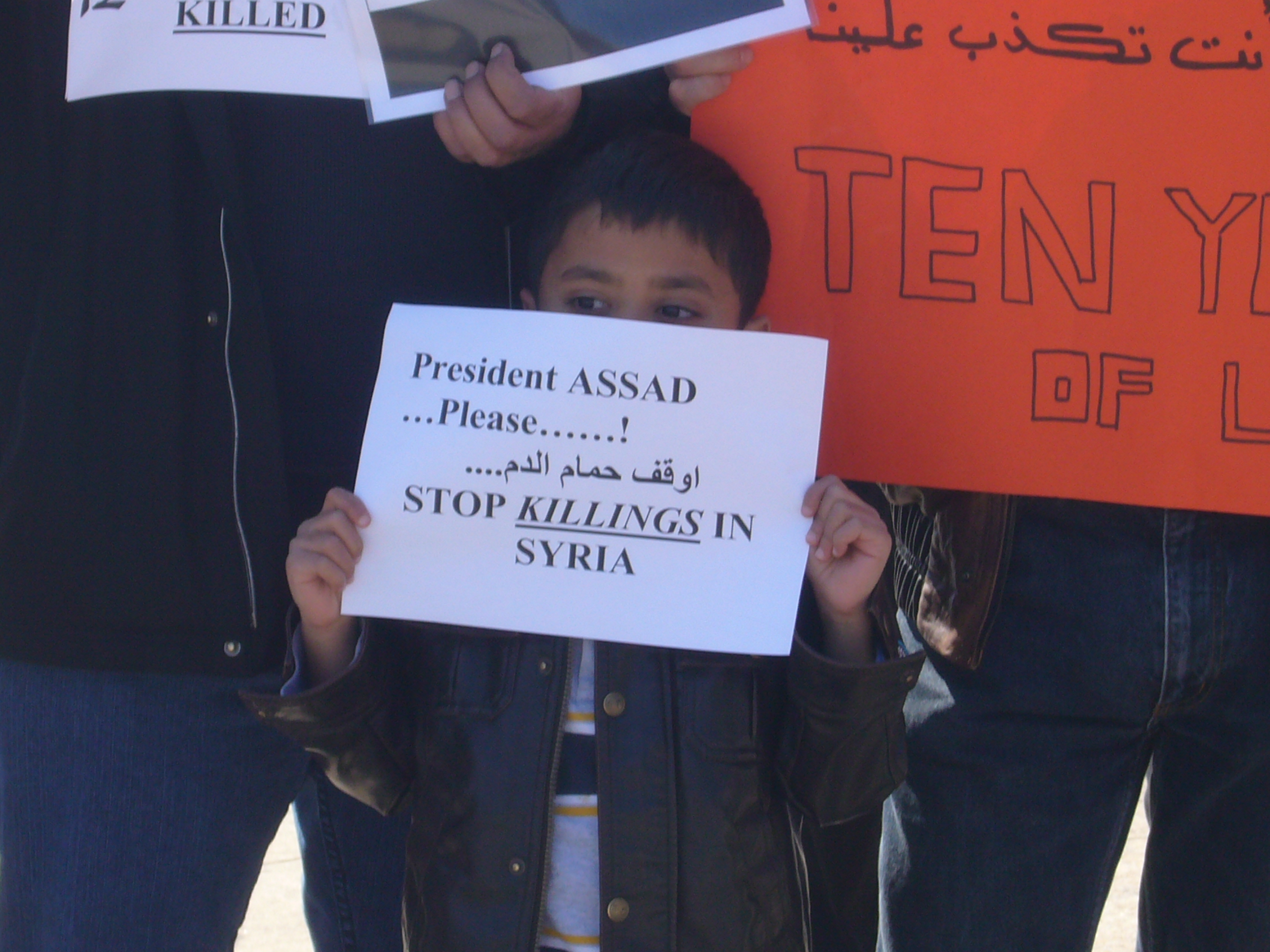
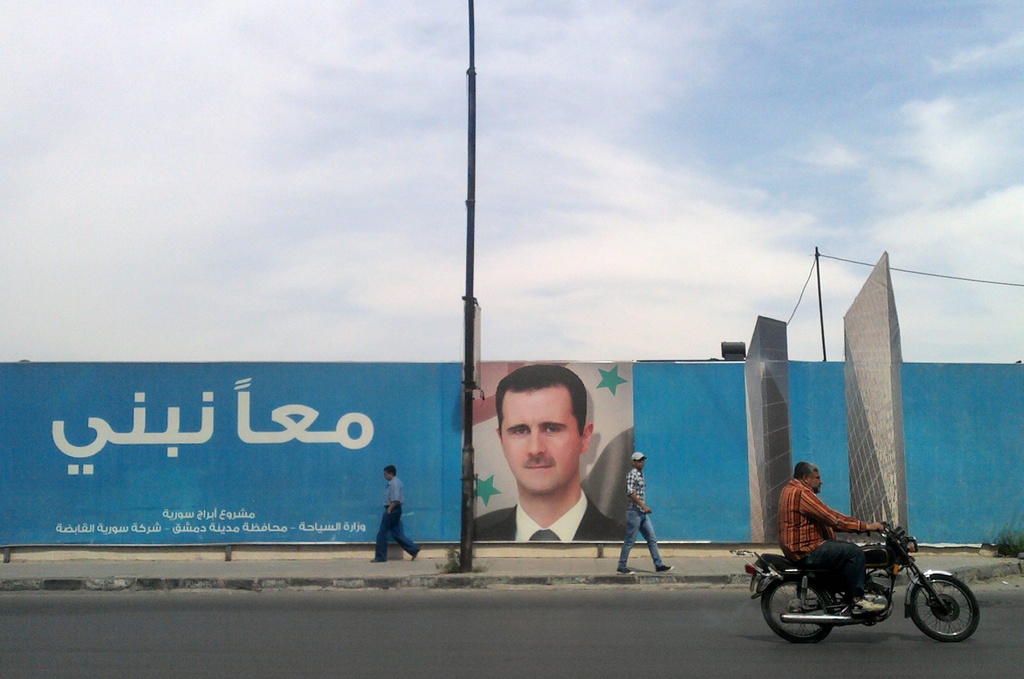
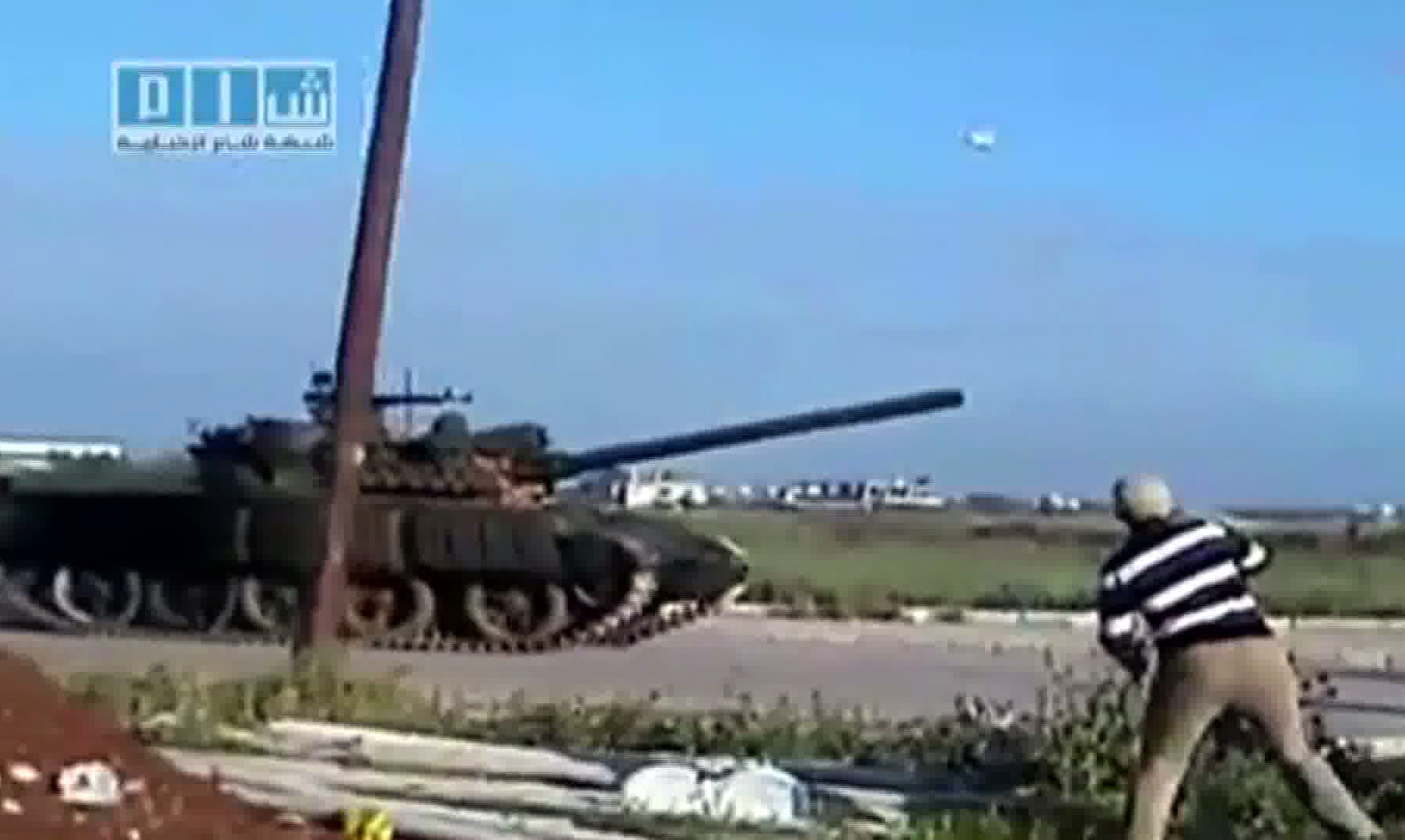
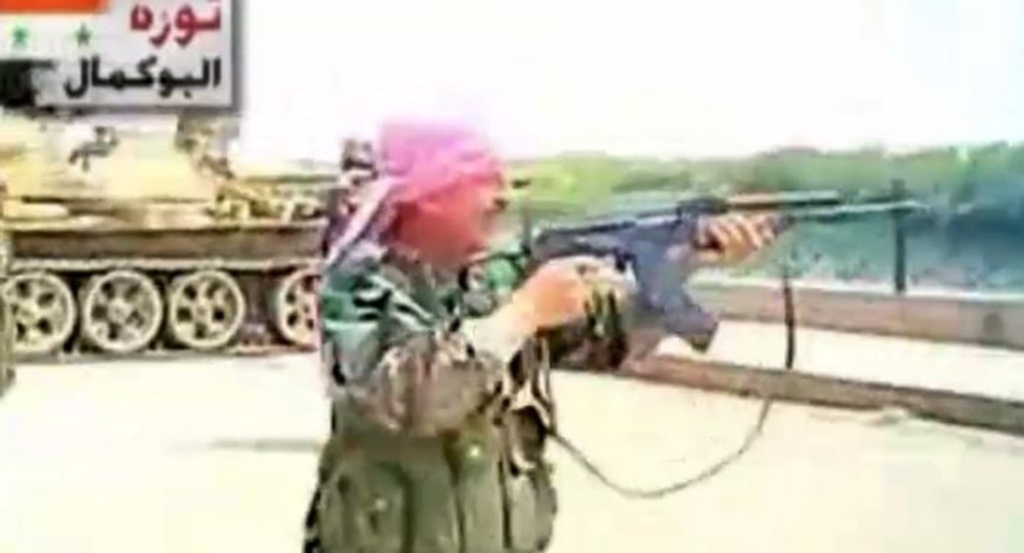
You can find an overview of ongoing debates with our journalists here. Please join us!
If you want to start a conversation about a topic raised in this article or want to report factual errors, email us at english@swissinfo.ch.